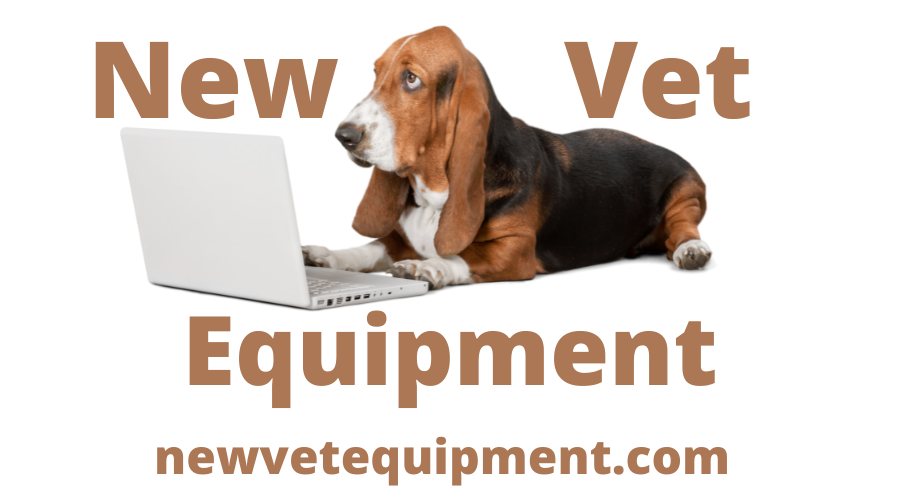Choosing the Right Location for Your Vet Hospital or Clinic
When starting your own veterinary practice, location is one of the most important decisions you make.
Here are some considerations to help you pick the perfect place…
Where Do You Want to Be?
If you’re firmly rooted in your current location—due to family or a strong tie to the community—then go ahead and explore the options in your town or nearby within a reasonable driving distance.
But, if you’re more flexible, looking outside your city may present more options to choose from.
If you’re staying close to home, remember to look at the non-compete clauses of all the practices you’ve worked for recently.
What Do You Need to Consider About Your Desired Location?
So, you have an idea of where you’d like your future practice to be. But, how do you know that location will be sustainable for your new business?
Evaluate your potential location(s) for…
Visibility/prime location in the community.
A high-traffic area may help new clients find you. But, a prime location can also be more expensive.
Ease of access.
Is it convenient to reach your practice from the road? Is there plenty of parking? Is there a spot for dogs to go to the bathroom?
Is there enough space?
Consider anything you might want to add in the future (such as a boarding facility)—will there be enough room on the property for this?
What’s the veterinary community like?
Is the area already saturated with the competition? Or, is there room for one more?
What will differentiate your new practice from other veterinary businesses in the area?
What’s the clientele like?
Is the average income in the area consistent with the prices you’re planning to charge for your services?
Which businesses are your neighbors?
A dog grooming salon could be a perfect neighbor to form a mutually beneficial relationship with. On the other hand, sharing a wall with a club that plays loud music might not be good for keeping pets calm.
Is the population growing or declining?
For many of these considerations, it’s best to work with a veterinary or start-up consultant.
Do You Want an Existing Practice, Or Something Totally New?
Many experts report that existing practice is favored by lenders since there will already be an existing, provable business structure and cash flow.
But, the disadvantage of this option is that it may be harder to make changes and create a practice that’s truly your own. Existing staff and clientele may be expecting things to be done the same way they’ve always been done.
Here are some important questions if you’re thinking about buying an existing practice…
How was the asking price calculated?
You’ll also have the chance to get your own valuation with a consultant, to be sure the price is appropriate.
What’s included with the sale, and what isn’t?
Don’t assume the x-ray machine and other equipment are included (and in good working order), only to find out they’re not.
Why is the current owner selling? What are their plans for their own career after the sale?
Are there any special terms or conditions?
Other buying options include:
an existing non-veterinary structure
or building your own practice from the ground up.
Each of these options has its own pros and cons.
When purchasing an existing non-veterinary building or unit, look into what sorts of renovations are needed to create space for major equipment, a surgery suite, exam rooms, etc.
This may be a good in-between option that allows you to build your own practice culture, and that’s less expensive than starting from scratch with a new structure—assuming the renovations aren’t price prohibitive.
If you decide to build your own practice, you’ll have the most freedom in terms of seeing your own dream practice come to life.
But, this option can be very expensive, and it will take time to build a clientele. You’ll need a solid business growth plan to show lenders they can take a chance on you.
Should You Rent Or Buy?
Here are some things to consider about renting…
A leased space may be less expensive than buying (according to some consultants, your loan will be half or even just a quarter as much as buying a practice).
You may be limited in renovations and expansion potential.
How and when will the rent go up?
Are repairs (such as a plumbing leak) covered by you or the landlord?
When buying, think about these factors…
Is the higher loan amount realistic for your immediate income needs?
Will the current owner cover repairs that are needed right away? You certainly don’t want to buy a practice only to discover an expensive foundation or roof repair is needed!
How Do You Figure All of This Out?
If you’re working and have your hands full with a packed appointment schedule, you may be wondering how you’ll find the time to do all this research and make an informed decision.
That’s where the right consultant (or team of consultants) comes in. Experts you work with may include a: veterinary consultant, start-up consultant, veterinary practice appraiser/valuator, accountant, banker, architect, real estate agent, attorney.
Every situation is unique, so your list of consultants may look different than this. In general, try to find professionals who have experience with veterinary practices and understand the nuances of your industry.
All of this may take time, but it’s important to have patience. Rather than rushing into something that isn’t quite what you wanted, you’ll be excited the day you open the doors to your dream practice!
Written by: Dr. Tammy Powell, DVM



